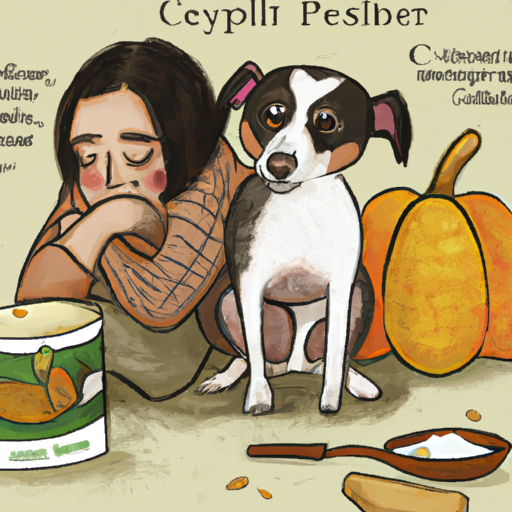Introduction
As a caregiver, you’re often the first to spot when your furry friend isn’t feeling well. If your dog has an upset stomach, it’s crucial to know how to provide relief. This guide will walk you through the steps to help your dog get back to their playful self.
Identifying Symptoms
Dogs can’t communicate with words when they’re feeling unwell. But they can show physical signs. Here’s what you should look out for:
- Lack of appetite
- Lethargy
- Vomiting or diarrhea
- Excessive drooling
- Eating grass
Understanding the Causes
There are several reasons your dog might have an upset stomach. Here are some common culprits:
- Dietary indiscretion: Dogs are opportunistic eaters and can consume things that aren’t meant for them, leading to an upset stomach.
- Change in diet: Sudden changes in your dog’s diet can disrupt their digestive system.
- Food allergies: Like humans, dogs can have allergies to certain foods.
| Common Allergens | Symptoms |
|---|---|
| Dairy | Diarrhea, gas, or vomiting |
| Wheat | Itchy skin, ear infections |
| Soy | Lethargy, vomiting |
Providing Relief
Now, let’s move on to how you can help your dog feel better:
- Fast your dog: Provide your dog with plenty of fresh water but withhold food for 12 to 24 hours.
- Introduce bland food: Once your dog has fasted, introduce a bland diet. Boiled chicken and rice are good options.
- Avoid certain foods: Stay away from foods that are known to upset a dog’s stomach, like dairy or spicy foods.
Preventing Future Upsets
Prevention is the best cure. Here’s what you can do to avoid future stomach upsets:
- Maintain a consistent diet: Avoid sudden changes to your dog’s diet.
- Monitor your dog’s eating habits: Keep an eye on what your dog is consuming, especially outdoors.
- Regular vet checks: Regular vet visits can help catch any potential problems early.
Frequently Asked Questions
Q: Should I take my dog to the vet for an upset stomach?
A: If your dog’s symptoms persist for more than 24 hours, a vet visit is necessary.
Q: Can I give my dog Pepto-Bismol?
A: While some over-the-counter medications are safe for dogs, always consult your vet before administering any new medication.
Q: How often should I feed my dog after fasting?
A: Start with small, frequent meals, gradually increasing portion size and decreasing frequency as your dog’s condition improves.
Remember, as a caregiver, you want the best for your furry friend. By understanding the signs, causes, and remedies for an upset stomach, you’re well equipped to keep your dog happy and healthy.



